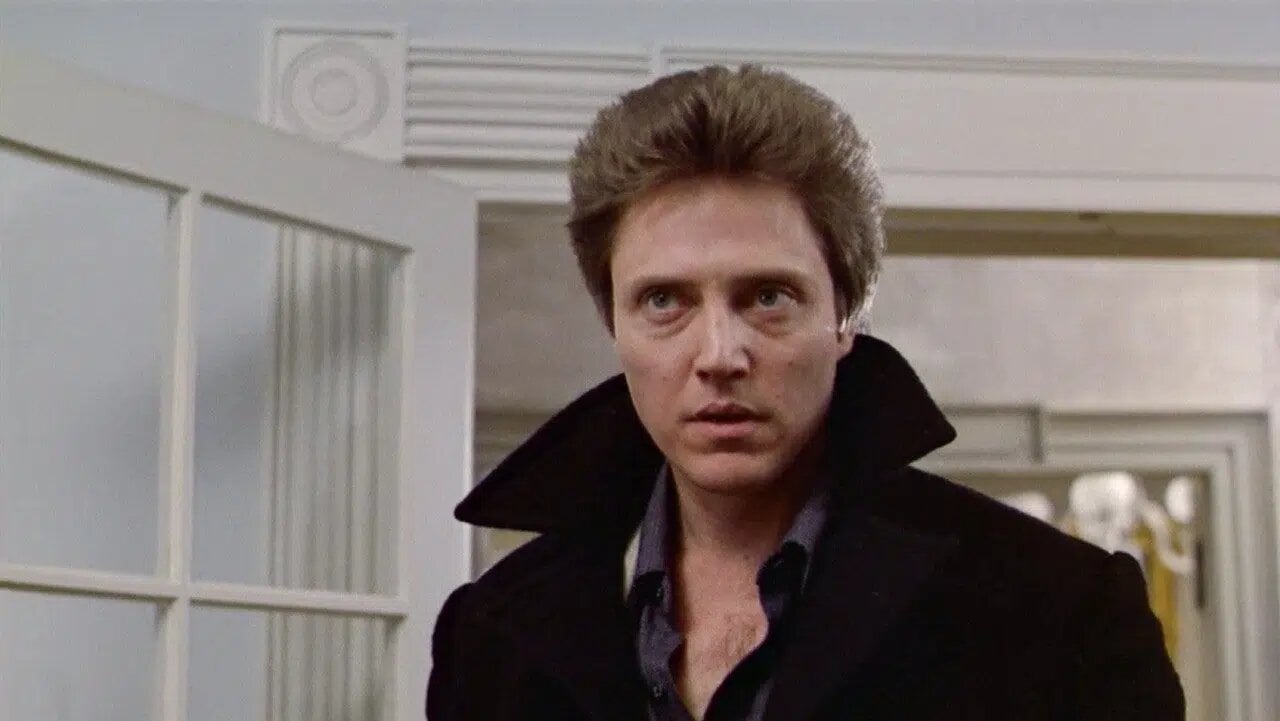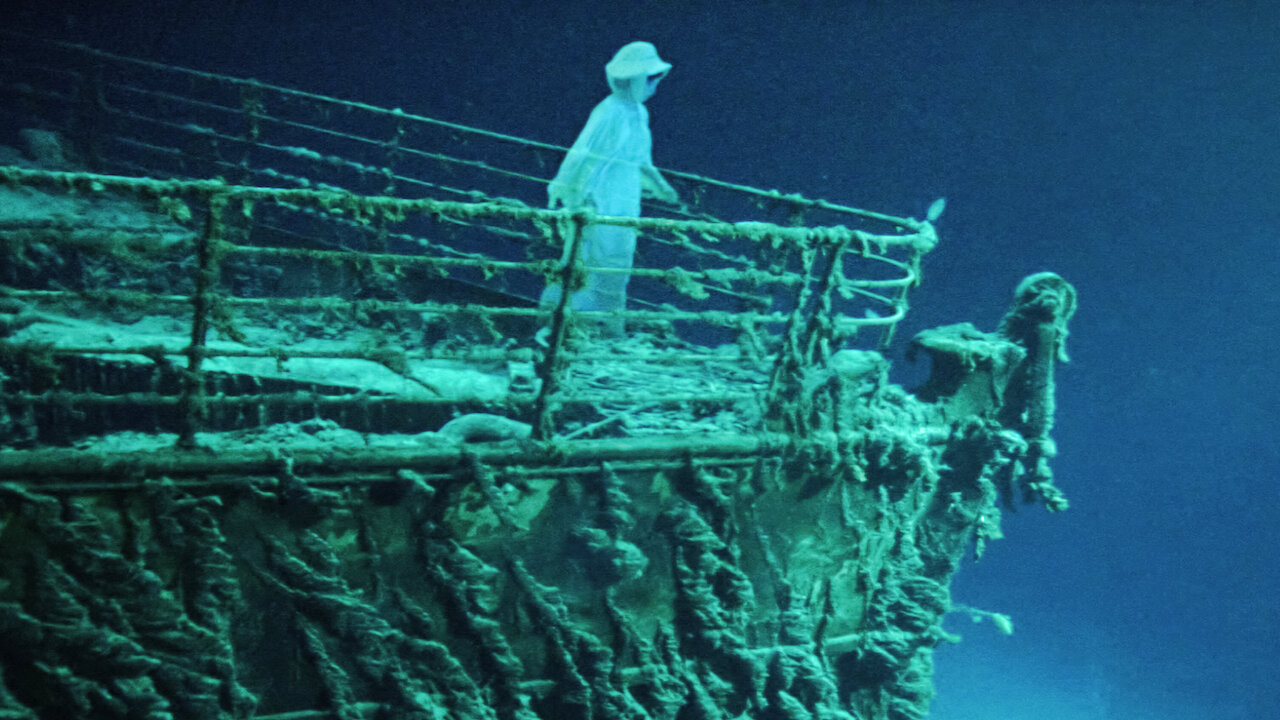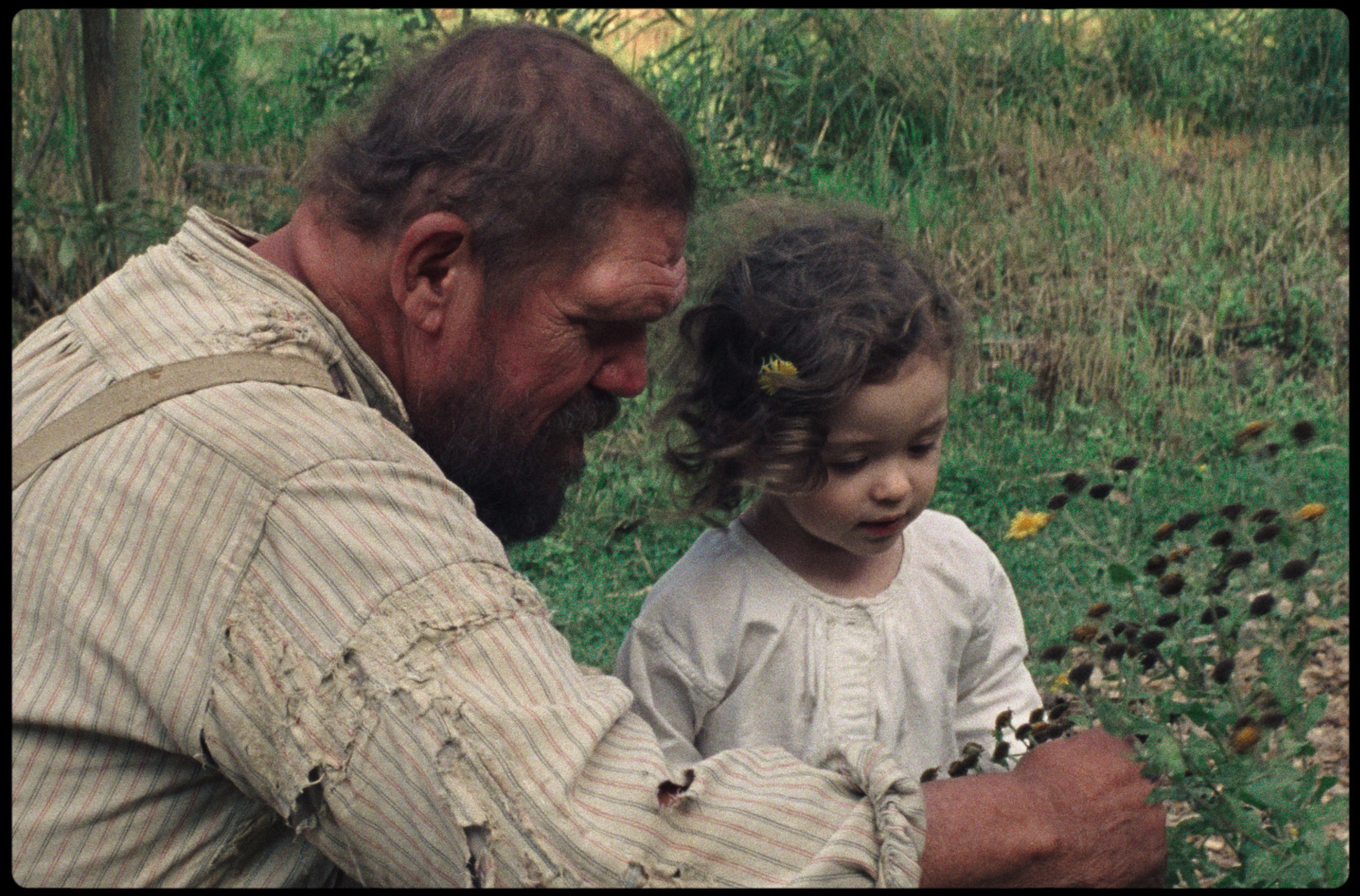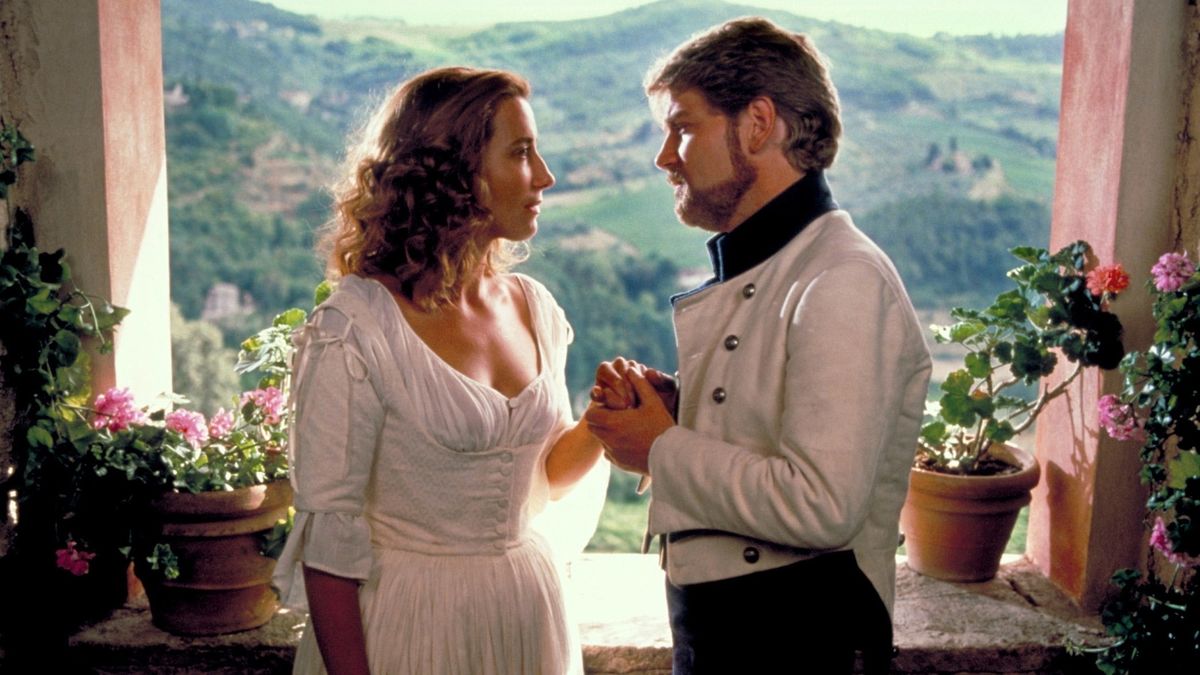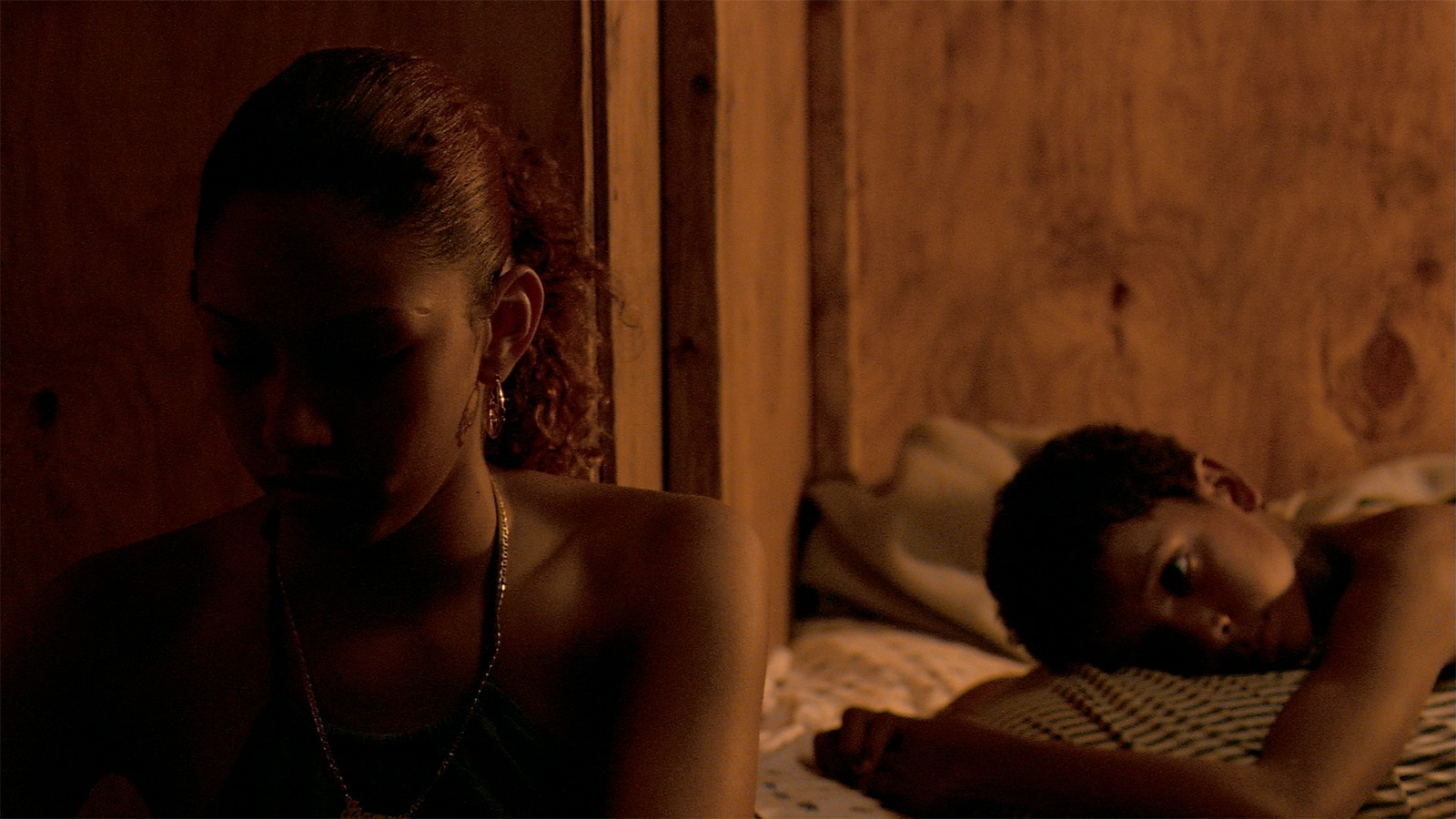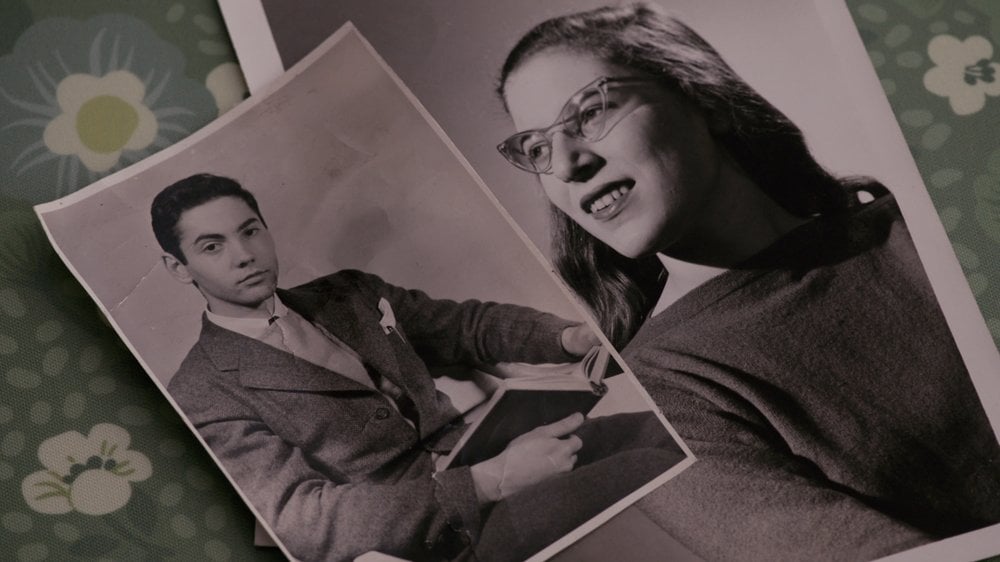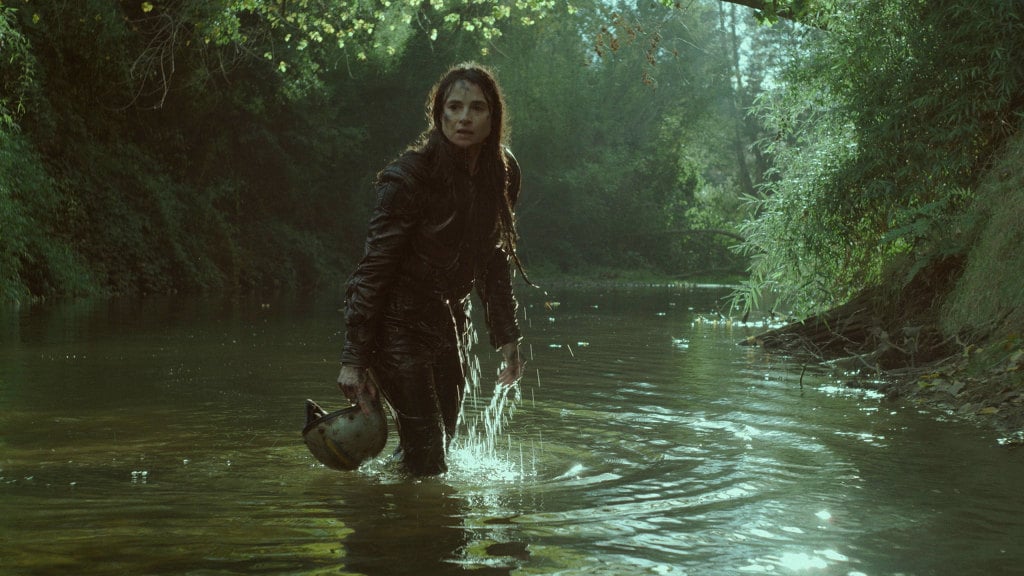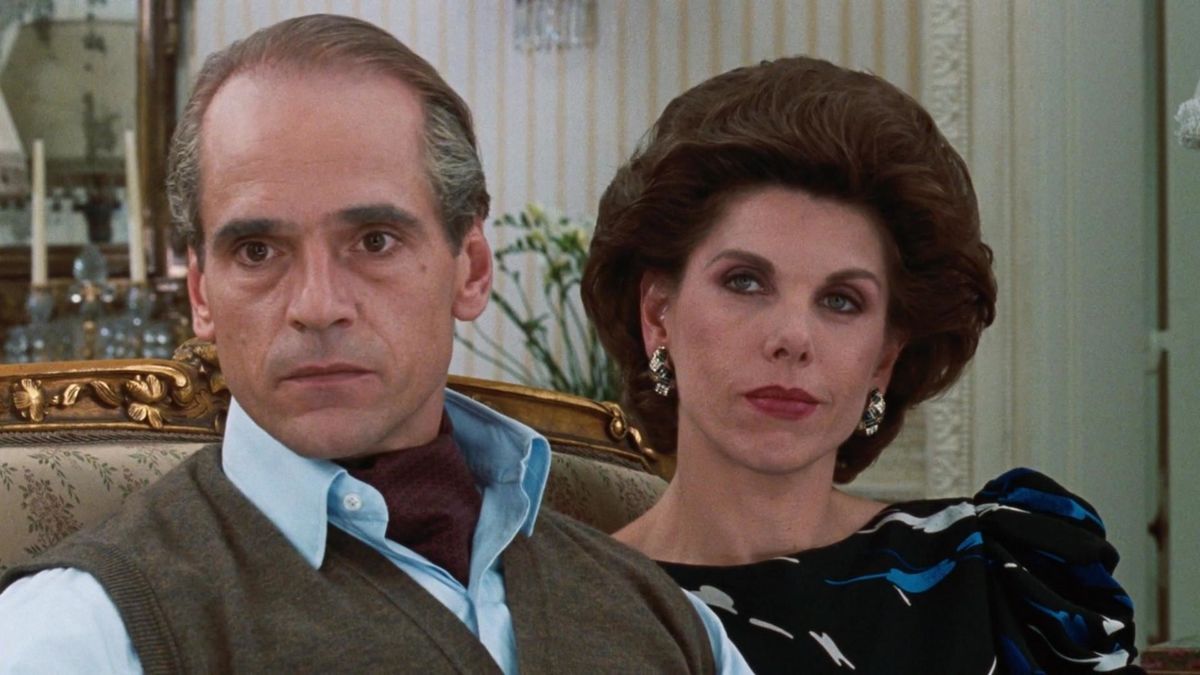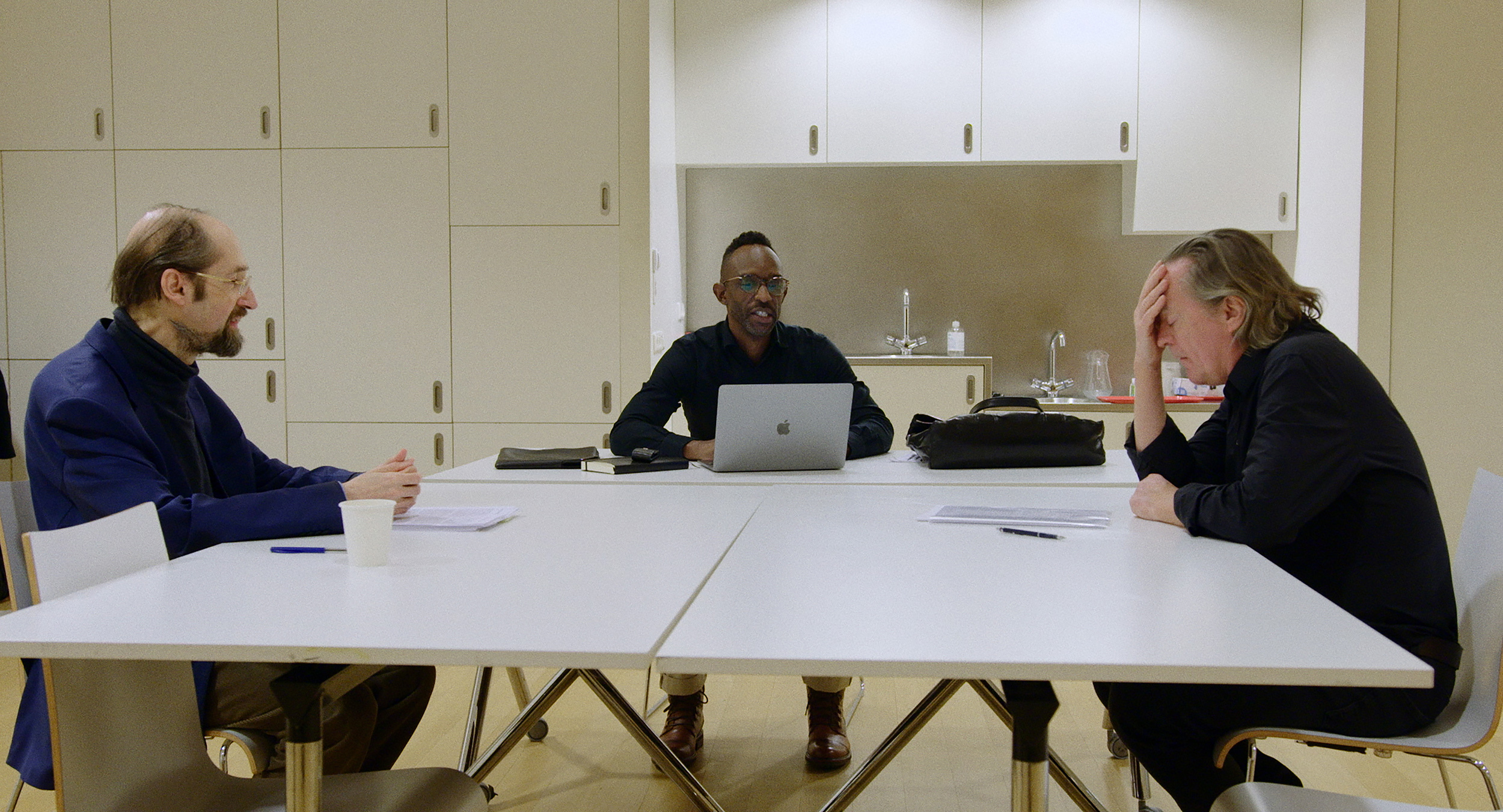You don’t have to have seen a single game of tennis to enjoy this mockumentary about the longest match that (n)ever took place in the sport’s history. Andy Samberg plays Aaron Williams, the mullet-sporting adopted brother of Serena and Venus (whose family “reverse Blind-Sided” him) made immortal by his record-smashing, week-long battle with posh, dim-witted English prodigy Charles Poole (Kit Harington) at Wimbledon. Things only get more riotously ridiculous from the premise: the team behind sports spoof Tour de Pharmacy chronicle the winding journeys the rivals took to that climactic seven-day showdown, from forays into the world of innovative underwear design to stints in Swedish jails, by way of a surreal tangent into the storied faux-history of courtroom sketch art. Suffice it to say: the tennis isn’t really the point here.
Real-life figures from the sport (including Serena Williams and John McEnroe) ground the spoof in enough reality to make the zany humor pop, with the comedy coming from a very game Fred Armisen, Michael Sheen, Lena Dunham, Will Forte, and Howie Mandel. With eccentric humor in spades — from the puerile to the surreal — and a lean runtime, 7 Days in Hell packs in as many dizzying jokes as Aaron and Charles do volleys in their absurd history-making rally.
Genre: Comedy, TV Movie
Actor: Andy Samberg, Chris Evert, Chris Romano, David Copperfield, Destiny Soria, Dolph Lundgren, Filip Hammar, Fred Armisen, Henrik Rutgersson, Howie Mandel, Jerry Gregorio, Jim Lampley, John McEnroe, Jon Hamm, June Squibb, Karen Gillan, Kit Harington, Lena Dunham, Lori Morkunas Jones, Ludwig Manukian, Lyssa Roberts, Mary Steenburgen, Michael Sheen, Serena Williams, Soledad O'Brien, Will Forte
Director: Jake Szymanski



